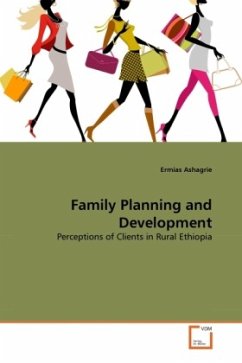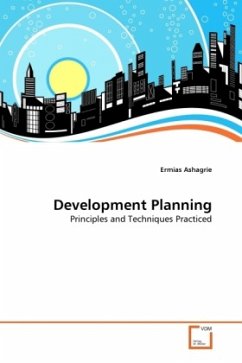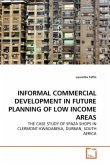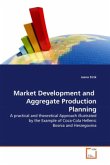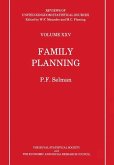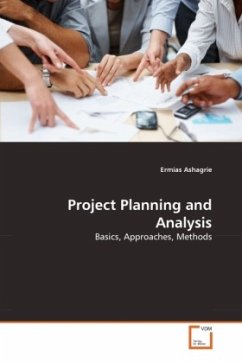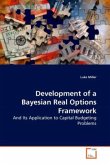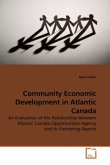Family planning is considered as an essential ingredient of development in the developing world, especially since the 1994 Cairo conference on population and development. Despite its worldwide popularity, it is a much debated, hotly discussed and controversial subject among researchers and development practitioners. In the past few years a holistic health service that recognize the links between poverty, women empowerment, maternal health and contraceptive uptake caught the attention of policy makers and program planners in Ethiopia. The book is a result of the MA thesis research conducted by the author in Ambasel district of Ethiopia in 2006. This qualitative research provides an idiographic explanation about the development implications family planning programs launched in a typical rural setting. The book, which is organized under five chapters, will be of interest of researchers and the development community working locally and globally.
Bitte wählen Sie Ihr Anliegen aus.
Rechnungen
Retourenschein anfordern
Bestellstatus
Storno

